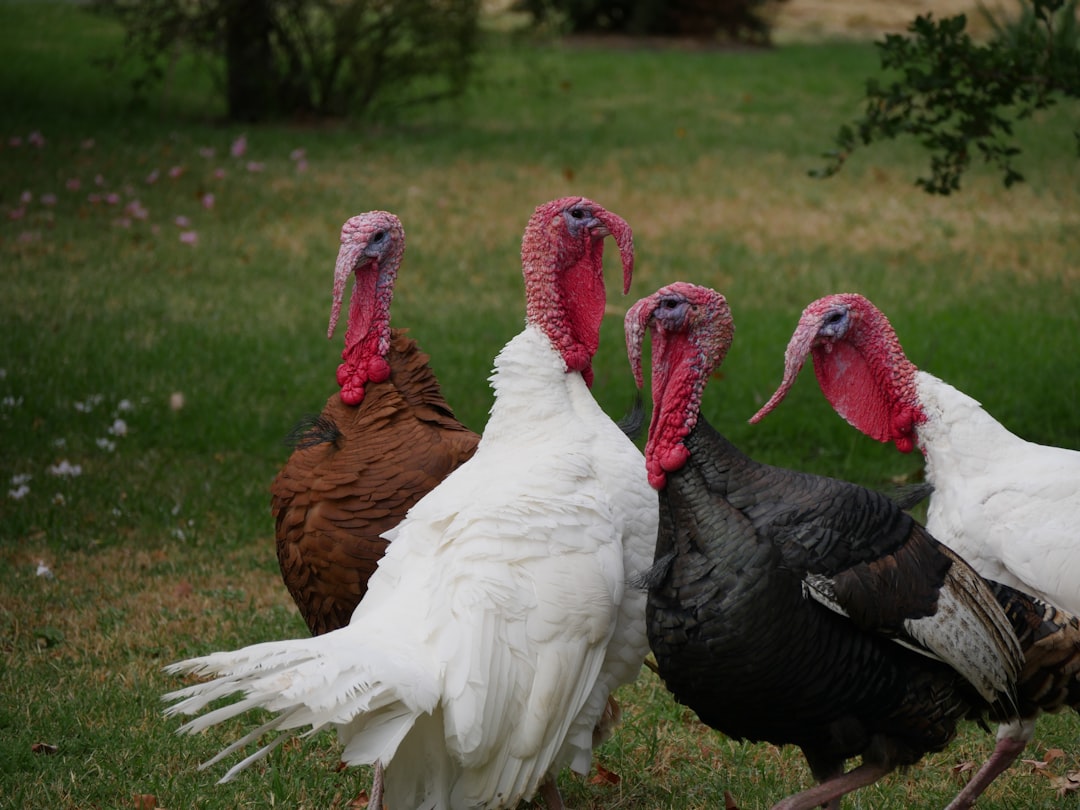
The Maya Angelou quote “When someone shows you who they are, believe them the first time,” has been in my head lately. There’s been much cause.
Not so much from our political/social/cultural struggles, as all pervasive as they can seem to be, but from the business/organizational/professional realm.
It started with a tweet. Elon Musk’s tweet that he wanted to buy Twitter, which he seemingly cannot separate his own existence from, and his reasoning (since changed, and changed again.) Color me skeptical. We’ve seen this show before.
The stock markets of course cheered, at least on the Twitter side, that a lifeboat had been sighted. The Tesla shareholders and Elon fanboys not so much.
As someone who used to be involved in communicating with investors and the markets, and was counsel to public companies large and small, I find the laxity of the regulation around Musk’s public utterances - current and historical - confounding. (I know…I shouldn’t be shocked that there’s gambling going on.)
But just what is going on? Have we truly entered a post-truth world, where norms, evidence and facts don’t matter and chaos reigns? Seems so. And it’s a dangerous path.
In college media classes, we studied the work of Dr. Neil Postman, who, having a dystopian and alarmist bent, argued in his seminal work “Amusing Ourselves to Death” that the mass visual media and in particular television (this was pre-internet) reduces ideas and public discourse and conversation about them into entertainment.
Fast forward to today, could he have been more right? You may ask, so what? And what does this have to do with the world’s richest man and tweets?
Here’s what: for organizations seeking to create authentic relationships with key stakeholders, operating in a cacophony of carnival barkers makes true connection harder. It makes authenticity harder to recognize and to reward via patronage. And it disproportionately harms smaller organizations doing work in the social realm who rely on public support.
After all, there’s plenty of evidence that disingenuousness if not outright fraud, can be handsomely rewarded.
This is the unfortunate legacy we are building by allowing the fraudulent outrageous to prevail in our commercial (as well as social and political, of course) communications. Smaller non-profits, who need to raise funds, are particularly impacted by growing distrust and apathy. When non-profits fail in fulfilling their missions, our society at large loses, particularly those at the margins.
Peter Drucker once wrote: “The "non-profit" institution neither supplies goods or services not controls. Its "product" is neither a pair of shoes nor an effective regulation. Its product is a changed human being. The non-profit institutions are human-change agents. Their "product" is a cured patient, a child that learns, a young man or woman grown into a self-respecting adult; a changed human life altogether.”
Community and public service is critical to a well-functioning society. We need more service to one another and more organizations willing to provide it. We need to support the work of our service organizations. When we allow both “winner takes all” and a rigged game, most of us will lose, whether we play or not.
“The price of light is less than the cost of darkness.” - Arthur C. Neilson.
Retweet that.



Keenly observed, Al. The lack of trust in our leaders and institutions erodes just about everything.
Keenly observed, Al. The lack of trust in our leaders and institutions erodes just about everything.